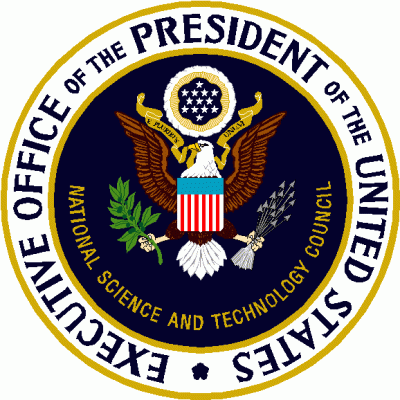The White House released a high-level strategy paper on combating international intellectual property theft and pointed a not-so-subtle finger at China. The report promises increased criminal sanctions against thieves, diplomatic pressure on egregious state actors, and public-awareness campaigns.
While the administration carefully tiptoes around naming China specifically, six of the seven high-profile theft cases that the report highlights involved China. “This is what you have to do to get the Chinese to behave differently,” said James Lewis, a cybersecurity specialist at the Center for Strategic and International Studies and a former top official at the State Department.
The strategy document dovetails a damning new investigative report from security company Mandiant which details over 100 attacks from an alleged covert hacker unit inside the Chinese military.
The report promises to leverage new counter-espionage laws, such as the The Foreign and Economic Espionage Penalty Enhancement Act of 2012, which increased penalties for economic espionage and corporate trade-secret theft.
On the public-awareness front, the report points to government website stopfakes.gov, a consumer-information portal for spotting counterfeit products and learning about ongoing anti-theft initiatives.
The message of the report is a between-the-lines dig at China. The document highlights espionage case studies in shaded blue squares of block text. The first six are all related to China. For example:
“Hong Meng was a research chemist for DuPont. He was involved in researching Organic Light Emitting Diodes (OLED). DuPont’s OLED research efforts resulted in the development of a breakthrough and proprietary chemical process for OLED displays. Mr. Meng stole trade secret compounds and passed them to a Chinese university. He was caught by the FBI and prosecuted by the U.S. Attorney’s Office for the District of Delaware and was sentenced to 14 months in federal prison. DuPont valued the loss of the trade secrets at $400 million dollars.”
While the president has been careful not to directly blame any countries, the White House essentially did point fingers at China in the report. And the report, of course, is only the beginning.
126473861-Admin-Strategy-on-Mitigating-the-Theft-of-u-s-Trade-Secrets.pdf by
